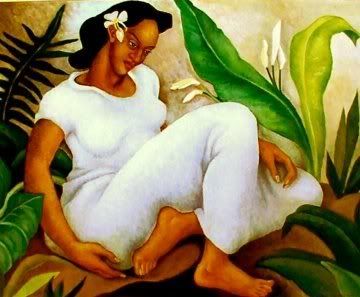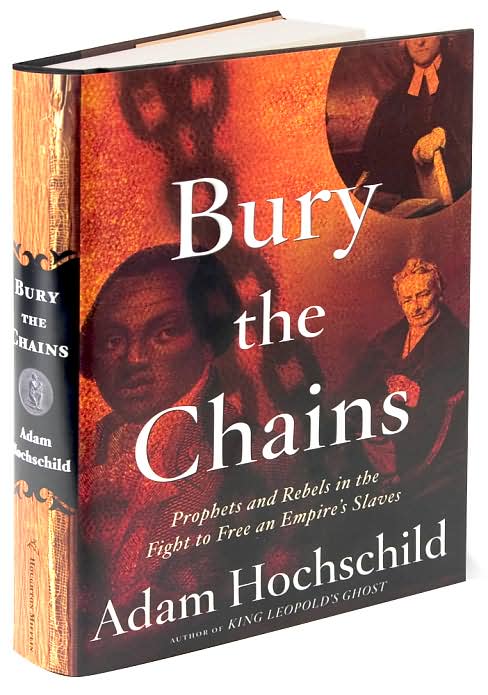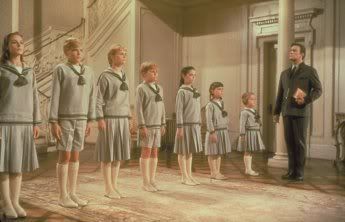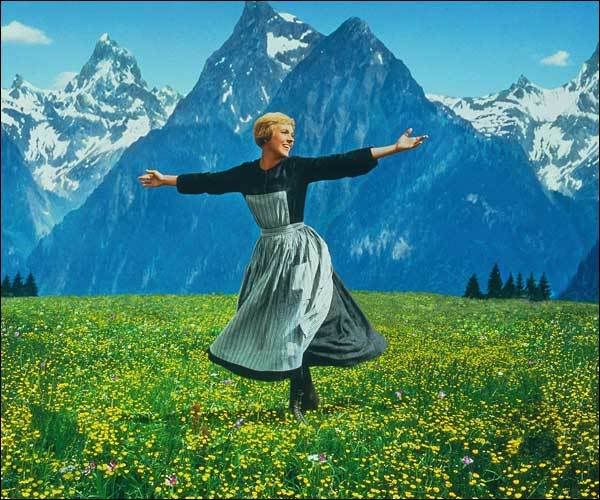FMH Bloggersnacker
 What a privilege it was this weekend to attend the FMH Bloggersnacker and meet some of the great women bloggers of our time! I've admired these women online for quite a while, and I must say they are even more extraordinary in person. Our hostess was FMHJanet, who provided us the venue in one of those older Utah homes which I absolutely adore. The "Eliza R. Snow" of the blogging world graced us with her presence--none other than FMHLisa along with her green jello dish.
What a privilege it was this weekend to attend the FMH Bloggersnacker and meet some of the great women bloggers of our time! I've admired these women online for quite a while, and I must say they are even more extraordinary in person. Our hostess was FMHJanet, who provided us the venue in one of those older Utah homes which I absolutely adore. The "Eliza R. Snow" of the blogging world graced us with her presence--none other than FMHLisa along with her green jello dish. The food was a smorgasbord provided by Mormon women anxious to impress each other with their cooking prowress. Whoever made those peanut butter brownie type thingies, that was my favorite. Ham, fried chicken, hummus, dips, taquitos, Greek olives, homemade bread, (and other things that I don't know the names of, but you can find here), I tried it all. I became an unabashed "Cafeteria Mormon" for the evening. For your viewing pleasure is the following picture of our feast:

That picture truly does not do justice to the succulent food that was available for our tasting pleasure. So I'm also posting this sensuous photograph of breasts and green jello which I am considering for submission in one of the more upscale food magazines:

The infant, four babies, and 14-year-old daughter were all well-behaved and charming. A few men were daring enough to join this event. FMHJanet's husband seemed quite happy to remain in the kitchen much of the time, though he wasn't wearing his apron. MarkIV made an appearance, conversing comfortably with all the ladies. And one of the bloggers' young husband made a good showing for himself when he found himself seated in the midst of an explicit conversation about tandem nursing and midwifery.
My favorite quote from the evening came from FMHLisa when the talk turned to early Mormon women and their gatherings. She surveyed the group and remarked, "If we were living back then, we'd already be speaking in tongues by now!"
I could only spend 2 1/2 hours at the Bloggersnacker, and they flew by like I had only been there 15 minutes. I'm so glad I met you all, and I'm looking forward to our continued association.
Labels: Mormon culture

















